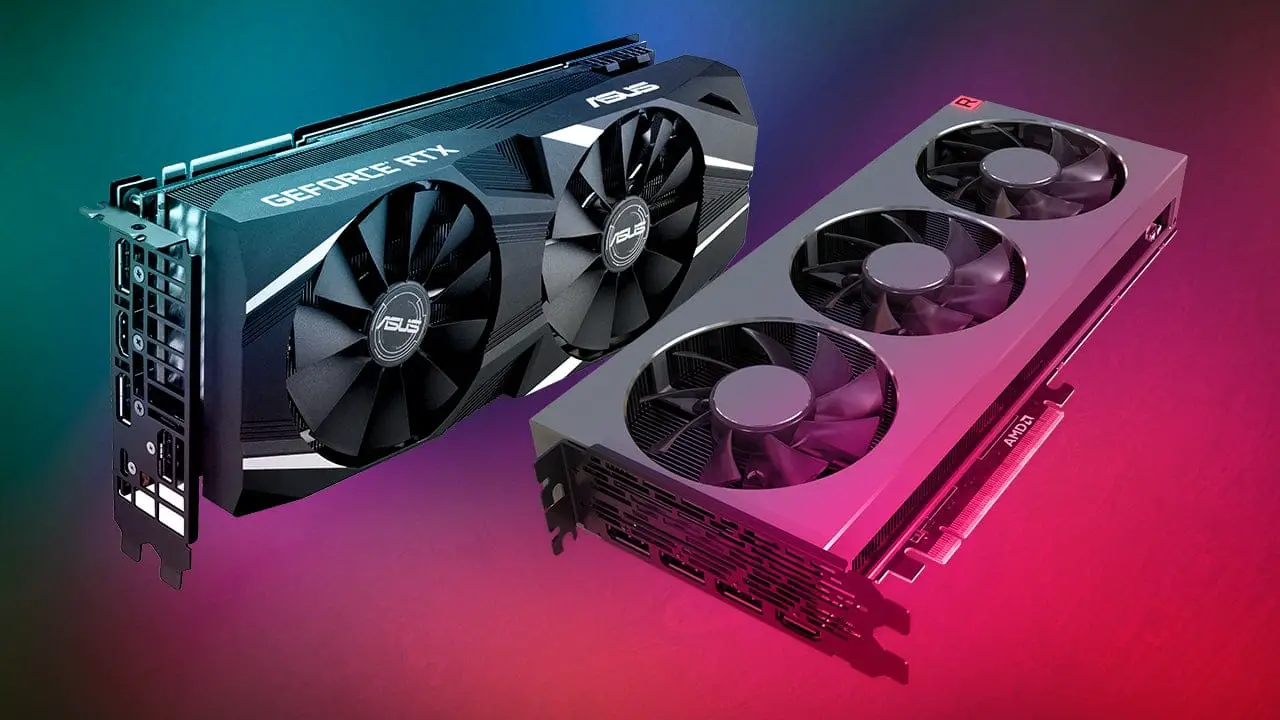It's no easy chore to figure out which graphics card is optimal for your budget, but that's only the beginning. Price, features, clock speed, warranties, and other factors all differ, so how can you know which one is the best?
There is no one-size-fits-all solution that will work for everyone, as many factors are based on personal preference. Choosing the cheapest card, for example, is a completely viable alternative… for the most part. When shopping for your next pc graphics card, keep the following points in mind. I've arranged them in broad order of significance, however, personal preference will play a factor here as well.
Clock speeds, cooling, and noise are all factors to consider.
Many people place significantly more emphasis on clock speed than I believe it deserves. “You got a card with a large factory overclock?” That's OK, but you may easily overspend if the extra money could have been better spent on a faster GPU. Overclocked GTX 1660 Ti cards, for example, can cost nearly as much as an RTX 2060. The issue is that even at reference clocks, 2060 is almost always quicker than even the maximum overclock a 1660 Ti can do. Because it has 25% more cores and 17% more memory bandwidth, most overclocks won't make up for the difference.
However, higher factory-overclocked GPUs frequently come with superior cooling, so it's still something to consider. There are also liquid-cooled cards with an external radiator available in terms of cooling. When compared to more traditional methods, these often keep temperatures lower, and the weight is less of an issue because the radiator and fan are installed directly on your PC case. They do, however, necessitate more space, and expenses for such designs can skyrocket—up to $150 or more when compared to otherwise equivalent cards. If you're purchasing a top-tier card like an RTX 2080 or 2080 Ti, I'd only advocate a hybrid cooling design.
Noise levels are affected by clock speeds and cooling. This is why triple-fan coolers are popular: they're huge and may have three silent fans instead of one or two noisy fans. Blower cards are frequently the loudest on the market, but they also vent heat out of your case, making them nearly mandatory for ITX systems.
How much money do you have to spend?
Video cards are extremely expensive, with super low-end variants starting at around $100 and high-end models costing more than $1,500 for RTX 3090s. And that's before you factor in the current price hikes. Top-end cards, as is typically the case, aren't worth the money unless you need the greatest performance available for whatever reason. Dropping a tier or two will offer you the majority of the performance for a fraction of the cost. And, to be honest, the whole question of price is up in the air till current stock issues diminish. Because unless you're lucky or quick (or both), you'll almost certainly be paying more than MSRP or waiting for prices to drop as available.
Which specifications count and which don't when buying a GPU?
The quantity of memory on the graphics card is critical.Get a card with minimum 6GB of memory, ideally 8GB or more, if you're going to play 1080p games. If you play with all the settings turned up or install high-resolution texture packs, you'll need additional memory. More than 8GB is great if you're gaming at very high resolutions, such as 4K.
The importance of the form factor cannot be overstated. Make sure you have enough room in your case for your card. Examine the item's length, height, and thickness. There are also half-height (slim) graphics cards, as well as single-slot, dual-slot, and triple-slot graphics cards (or more). The bulk of game cards will be full-height and take up two or more expansion spaces, with current-gen cards being thicker and larger than previous-gen equivalents in many ways. Even if a card only takes up two slots in your case, it can obstruct an adjacent space if it has a large heatsink and fan shroud. If your motherboard is Mini-ITX, seek a mini card that is 8 inches (205mm) or less in length. However, some cards with this moniker are longer than others, so check the specifications.
TDP:
Thermal Design Power, or TDP, is a measurement of heat dissipation that also estimates how many watts your card will need to run at factory settings. (Nvidia is switching to TGP, which stands for Total Graphics Power and refers to the total power of the card.) If you have a 400-watt power supply unit (PSU) and a 95-watt overclocked CPU and wish to add a card with a 250-watt TDP, you'll almost surely need to replace your PSU. In general, a 600W PSU sufficed for many previous-generation graphics cards. However, if you're going with an RTX 3080/RX 6800 XT or higher, you'll want to go with a higher-wattage PSU, especially if you plan on overclocking.
Ports:
Ports are quite important. Some displays support HDMI, while some only support DisplayPort, while some older models only support DVI. A few monitors also support USB Type-C for DisplayPort signal routing, however, these are currently uncommon. Make sure the card you plan to buy has the connectors your monitor(s) require so you don't have to buy an adapter—or possibly a new display—in the future (unless you want to). If you have an option but aren't sure which port to utilize.
Connectors for power:
All serious gaming cards consume more power than the x16 PCIe slot's usual maximum of 75W. These cards require the use of extra PCIe power connectors, which are available in 6- and 8-pin configurations. (The RTX 30-series cards from Nvidia come with 12-pin connectors as well as 8-pin to 12-pin adapters.) Some cards contain one, two, or even three of these connectors. You should change your power supply if it lacks the supplemental connectors you require—adapters that draw power from a pair of SATA or Molex connectors are not advised as long-term solutions.







